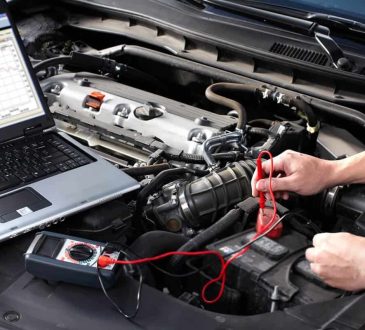
A car AC system affects engine load during operation. So a weak or faulty system increases fuel use every trip. Then drivers notice higher consumption when cooling is poor or uneven. This happens because the engine works harder to power the AC compressor. So regular maintenance reduces strain and keeps energy use lower over time. Then smooth operation allows the vehicle to perform efficiently in all conditions. A healthy AC system always balances cooling with minimal fuel impact. Proper care improves both comfort and efficiency for daily driving. Strong performance keeps energy use steady and prevents extra stress.
How AC Load Affects Engines
The AC compressor draws power from the engine while running. So a system with leaks or blockages increases engine workload unnecessarily. Then the vehicle consumes more fuel to keep cooling levels adequate. This strain is often hidden but slowly reduces overall efficiency. So a technician ensures that the AC system runs smoothly with proper pressure. Then reduced workload allows the engine to operate efficiently under normal conditions. A balanced system always protects fuel economy and maintains consistent power. Engine strain decreases when airflow and pressure remain stable inside the cabin.
Timely Repairs Reduce Overwork
Faulty motors, switches, or hoses increase system resistance and workload. So the compressor strains harder, consuming more energy and lowering efficiency. Then the engine must compensate for the weak system during every drive. This hidden overwork slowly raises fuel consumption in daily use. So professional repair restores proper function of all electrical and mechanical parts. Then energy use returns to normal and the engine experiences less stress. A fully functional system always balances cooling output with economical operation. Timely intervention prevents further strain and improves both comfort and fuel efficiency. Repair by Auto AC Repair in Lafayette, CO keeps performance strong and prevents unnecessary energy waste daily.
Monitoring and Testing
Regular monitoring of system pressure and airflow ensures steady performance. So technicians can detect early signs of leaks or failing components quickly. Then small issues are corrected before they increase engine workload and fuel use. This approach avoids hidden energy losses that appear gradually in vehicles. So testing also verifies that all components operate efficiently under normal load. Then drivers benefit from balanced cooling and steady fuel consumption over time. A tested system always maximizes comfort and reduces unnecessary strain on the engine. Proper monitoring ensures efficient performance and helps maintain long-term fuel savings. Testing detects problems before energy consumption increases noticeably.
Conclusion
AC maintenance is directly linked to fuel efficiency in vehicles. So a healthy system reduces engine strain and lowers energy consumption daily. Then regular checks, cleaning, and repairs ensure balanced performance of all components. This balance protects the engine and keeps passenger comfort steady during travel. So professional service prevents hidden inefficiencies that raise fuel use over time. Then proper refrigerant, clean components, and working compressors maximize efficiency for every drive. A well-maintained AC system always delivers smooth cooling while minimizing fuel consumption. Routine care keeps both comfort and economy optimized for long-term reliability. Efficient operation protects resources and improves overall driving performance consistently.




